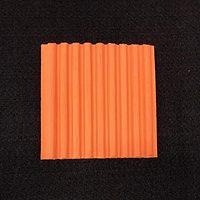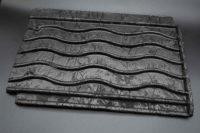ATLANTA - University of Oregon students, come on down. You’re the next contestants on the Eco-Roof Game. Under a teaching project funded through a grant from ASHRAE, students at the University of Oregon will be challenged to develop, construct and determine the R-value of a green roof through a hands-on experience, known as the Eco-Roof Game. The project was one of 10 grants funded by ASHRAE through its senior undergraduate project grant program.
The grants, totaling some $65,000, are awarded by ASHRAE to colleges and universities worldwide to promote the study and teaching of HVAC&R, encouraging undergraduate students to pursue related careers. The grants are used to design and construct projects. For more information, visitASHRAE.org/studentzone.
As part of the Eco-Roof Game, students will use actual building materials, a heat flux transducer, data loggers and moisture meters to learn about heat loss and gain, insulation value, material properties, water conservation, evapotranspiration and to consider strategies for conserving energy. Other ASHRAE grant recipients are:
- American University of Beirut, experimental investigation for performance and optimized design of radiant heating panels for rooms constructed according to Lebanese building thermal guidelines
- Cairo University, Water Cooling Tower Educational Stand: Design and Fabrication
- Purdue University – Fort Wayne, Design and Development of Solar Cooling Demonstration Unit
- Mapua Institute of Technology, Development of an Indoor Environment Quality Measurement Laboratory and Laboratory Set-up of Thermal Ice Storage for Air Conditioning Systems
- Purdue University – Calumet, Cooling Systems for Data Centers
- Texas A&M University, Design and Construction of Solar Powered Refrigeration System Using Carbon Nanotubes and Methanol
- Universidad Pontificia Bolivariana, Solar Absorption Refrigeration Module for the Chiller Type HVAC Lab
- Western Kentucky University, Passive Residential Cooling System





